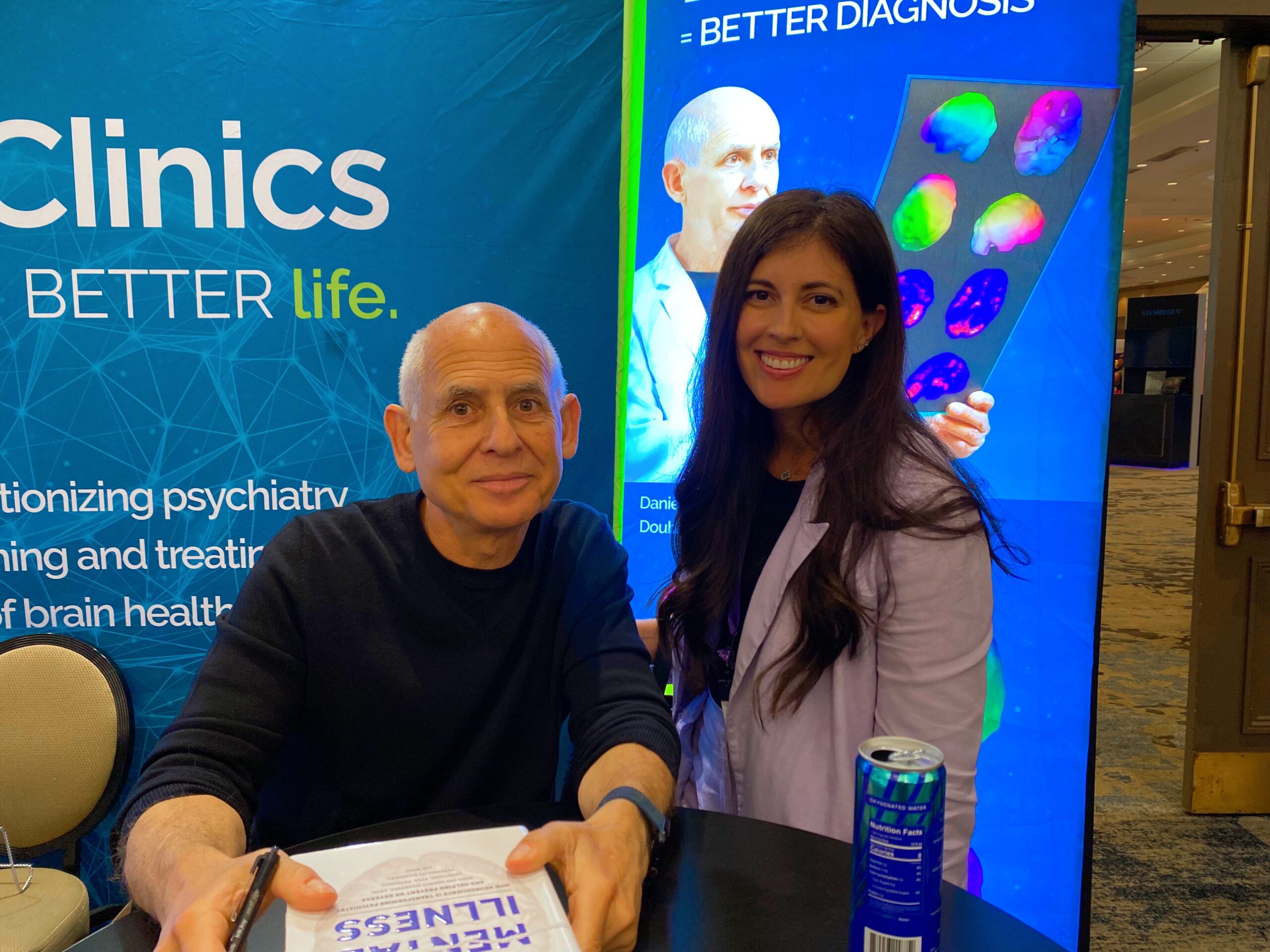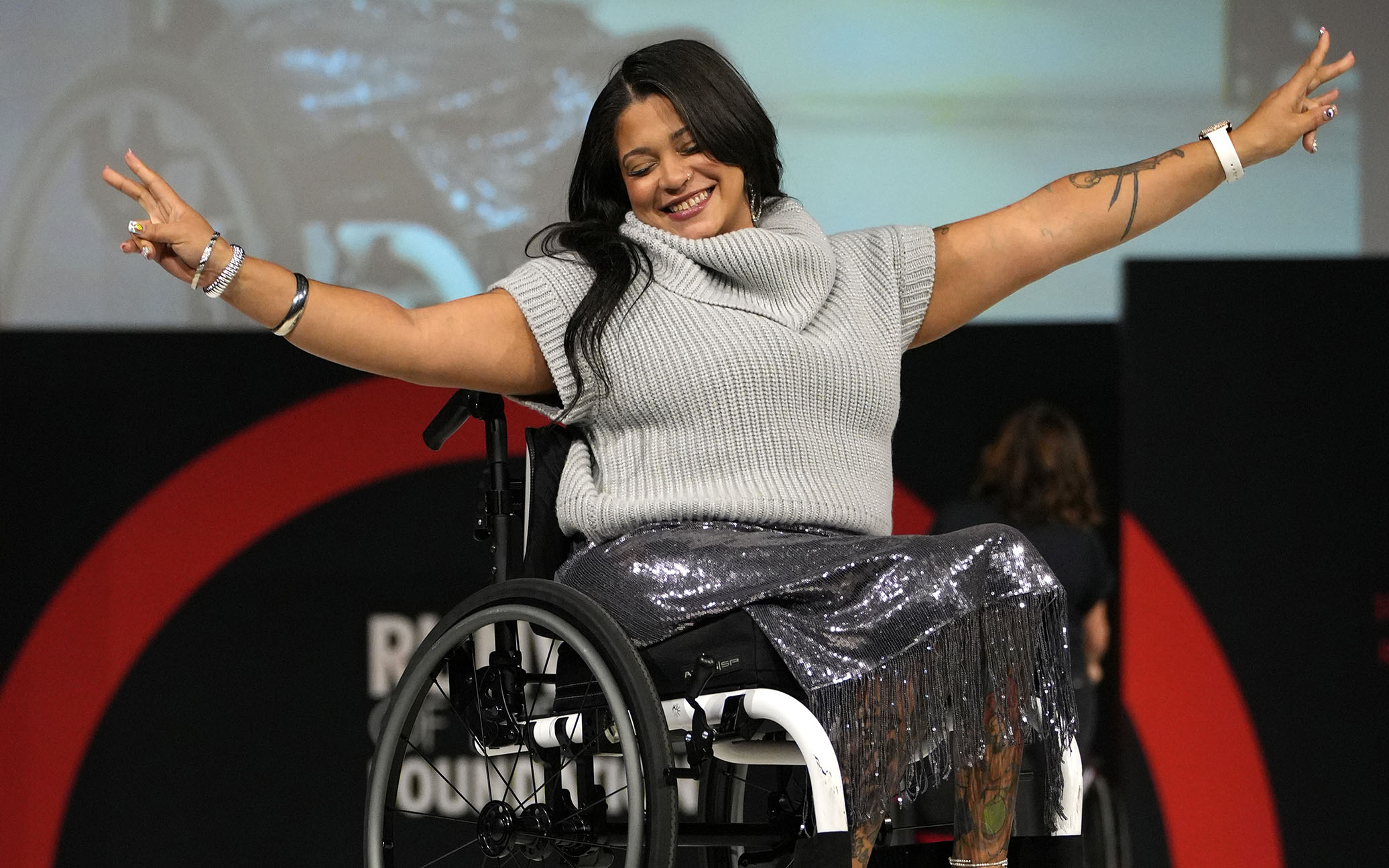
Suzanne Edwards is a manual wheelchair user who works for Airbnb Accessibility standards are key. Airbnb is a global partner of the Olympic and Paralympic Games, so Edwards has had an inside look at the Paris Paralympics. We caught up with her midway through the Games to see what it’s like to work, travel, and cheer on her favorite sports at the Paralympics as a wheelchair user.
What was the experience of being part of the Paralympic torch relay like?
I’ll start with the honour, the absolute privilege, of being part of such a big event. My section of the torch relay started just a few hours before the opening ceremony, so there were loads of people out on the street. They were waving, clapping and wanting photos. It was an incredible experience.

You get put on a bus with your group of torchbearers. You start at a meeting point and you are given the uniform, a white tracksuit of sorts, and you are told what to do. Your group gets on the bus and you go along the torch route a little bit ahead of the torch and the bus drops each of you off at various places. I was lucky enough to have Jackie Chan as part of my group. He was lovely and was happy to take photos with everyone. He was fascinated by how they held my wheelchair on the bus and he started filming it on his phone. So there is a little film of them holding my wheelchair on Jackie Chan’s phone.
They drop you off about 5-10 minutes before your segment, and you have what they call a “torch angel,” who goes with you to make sure that you’re not going to make any mistakes because there are certain logistics involved, like holding it in your right hand and turning left, then forward, then right, and then starting your run. I was pretty nervous because the torch is pretty heavy, and holding it out and up with one arm means that I have to brace myself with the other arm because my torso is a little unstable. I had a metal arm strapped to my wheelchair to hold the torch while I pushed, and the path was smooth and flat, but there was a big crack in the middle of the path, and I was like, “I’m going to have to straddle this and make sure I don’t make any mistakes.” Little things like that are really stressful when you have so many eyes on you.
But nothing happened! Someone even had a baby and wanted me to say hello. It was a very surreal moment where I felt a little bit famous for a second.
How did you get to Paris?
I traveled to Paris from London by train. I live in England, so I wanted to take the train because transportation can be a challenge for a wheelchair user, and flying is always unpredictable. The Eurostar train is just amazing. They’ve put a lot of thought into accessibility, and you get some perks as a wheelchair user. You go into the business class lounge in the terminal and get discounted Standard Premier or Business Premier seating, which means you get free food and drink. There are accessible toilets on board, and you can board early and stay in your wheelchair while you travel. All the little details add up to a really dignified and enjoyable experience.
The other advantage is that the train takes you from central London to central Paris, so I didn’t have the hassle of airport transfers.
What was it like to get around Paris as a wheelchair user?
Once in Paris, it’s been really easy to get around. I’ve been using G7, a Paris taxi company, and they’ve been amazing. You can book a vehicle with a wheelchair ramp (they’re called WAVs) and you can reserve one on their app, which is great. You can schedule a pickup time or request one right away. The longest we’ve had to wait has been maybe 10 minutes. The addition of more wheelchair-accessible taxis is one of the accessible infrastructure improvements Paris has made for the Games, so it’s been really nice to be able to benefit from that.
Otherwise, I’ve been getting a lot of exercise in my wheelchair. My shoulders are a little tired, but it’s good exercise. The sidewalks are very wide and Paris is a fairly compact city, so you can get from point to point very easily if you want to get around in your wheelchair. I have a Tri Ride, an electric tricycle with front wheels for my chair, which I use if I know I’m going to be out on the road a lot, but even if we get dropped off by a taxi and have to travel half a mile in my wheelchair, it’s been pretty easy – the pavement is smooth and wide and the curb cuts are pretty decent. Obviously, a lot of parts of Paris can be quite cobbled, as it’s an old and historic city, but all the main areas I’ve been to for the Paralympics have been great.
You were able to spend some time in the Olympic Village. How was it?
It’s amazing. I’m lucky because I get to have fun both professionally and personally. On the professional side, it’s been an honor to have a booth at the Athletes’ Village. Airbnb offers all eligible athletes competing in Paris 2024 the Airbnb500, a $500 celebration grant that they can use on Airbnb, so part of my job is to meet the athletes at our booth and make sure they’re aware of it and show them how to redeem it. It’s been great because I’ve been able to meet a ton of athletes and hear their stories. I got to meet a couple of Italian Paralympians who have a house outside of Milan and they list it on Airbnb, so they showed me the ad. We’ve been making an effort to get more people with disabilities to list their homes on Airbnb, so it’s been fun to meet athletes who are already doing that.

We also have the Airbnb Athlete Travel Grant, a $2,000 grant that athletes can apply for each year to receive support while they travel, train, and compete. I met a woman who received that grant. She is a visually impaired runner from Mauritius, and she used the grant to travel to the Boston Marathon, where she qualified for the Paris Games. That was great to hear.
On a personal level, it’s great because I love sport and I love being around other sportspeople. My grandmother won a junior Wimbledon tournament and played squash for England, so I’ve been around a lot of sportspeople in my family. I grew up playing squash and tennis, and after my accident I was really into adaptive sports because I thought I wouldn’t like them. But about three or four years after my accident, I tried wheelchair tennis and as soon as I hit the first ball, I was totally hooked. I played a lot. The physical aspect was very important, but being around other sportspeople and seeing that they had jobs, partners and lives really helped me come to terms with my accident.
Being here in Paris and meeting so many athletes in the village shows how powerful sport can be. There are so many different disabilities, so many different abilities, all kinds of people from all kinds of backgrounds, but what they all have in common is sport. It’s amazing to watch and so much fun to be a part of.
Where are you staying?
I work for Airbnb, so of course I’m staying at an Airbnb. We’re incredibly proud of the work we’ve done to make sure we have 1,000 accommodations with step-free accessibility features in the Paris region for people to stay in during the Olympic and Paralympic Games. These accommodations have step-free access to enter and no steps to get to the bathroom and a bedroom, and nearly 300 also have at least one bathroom modification, like grab bars or a shower seat. It was a huge, multi-functional effort at Airbnb, and we knew it was important for the City of Paris, the International Paralympic Committee, and the International Olympic Committee, and important for our legacy to help offer people more accessible places to stay after the Games are over.
I’m staying in one of those apartments – a fairly modern studio, not far from the Eiffel Tower. In addition to step-free features, it also has a wheelchair accessible shower and grab bars in the shower and next to the toilet.
There is a bakery on the corner, about 150 feet from the entrance of the building where I stay, so I go there almost every morning to buy a Chocolate bread (chocolate croissant) and a freshly squeezed orange juice, because I’m always in a hurry to get somewhere. There’s a very nice restaurant on the other corner and the owner comes out to greet us every time we leave the apartment. It makes me feel like a local.
And the competition itself? What sports are you most excited to watch?
I’ve been watching wheelchair tennis today and the atmosphere is really great. The audience is quite full and a large part of the tickets sold have been for French people, so there is a big cheer every time a French athlete is on the court. Everyone is really excited about the Games being held in Paris and it’s amazing.
I was able to observe some players I know from when I played wheelchair tennis. Being able to see them play at Roland Garros (the famous stadium that hosts the French Open), playing a sport on the most important stage in the world, has been a special moment for me.

I am very excited about all sports. I have never seen wheelchair rugby in person and I have tickets to see the Great Britain vs France match. I am looking forward to seeing wheelchair fencing, which is played at the Grand Palais, one of the many beautiful and iconic venues in Paris. I have also heard that blind football is fantastic and is played in front of the Eiffel Tower. It will be a matter of seeing how many sports I can do in a limited number of days.
Supporting new mobilityWait! Before you head off to other parts of the internet, please consider supporting New Mobility. For more than three decades, New Mobility has published groundbreaking content for active wheelchair users. We share practical advice from wheelchair users across the country, discuss life-changing technologies, and demand equity in healthcare, travel, and every facet of life. But none of this is cheap, easy, or cost-effective. Your support helps us provide wheelchair users with the resources to build fulfilling lives. |






